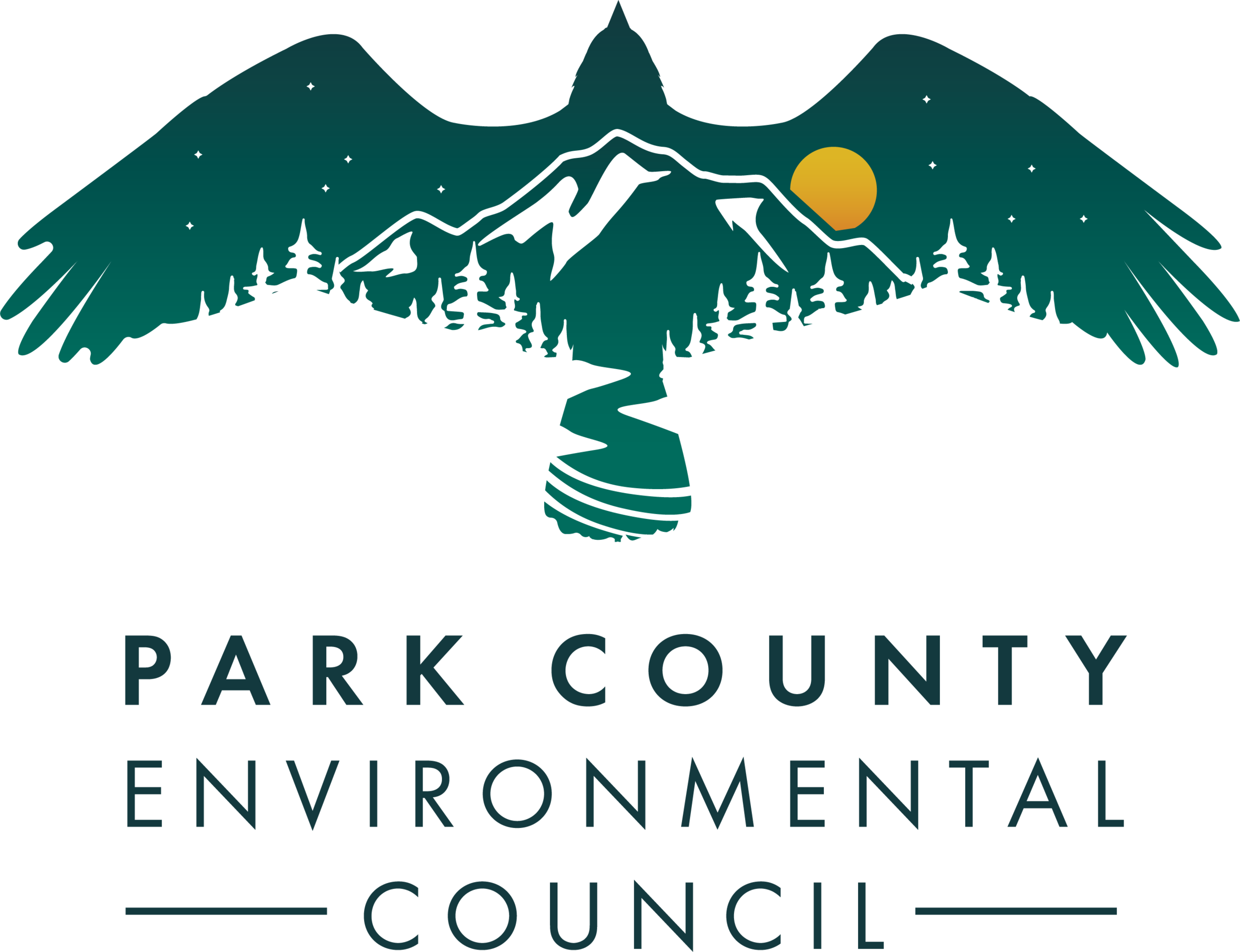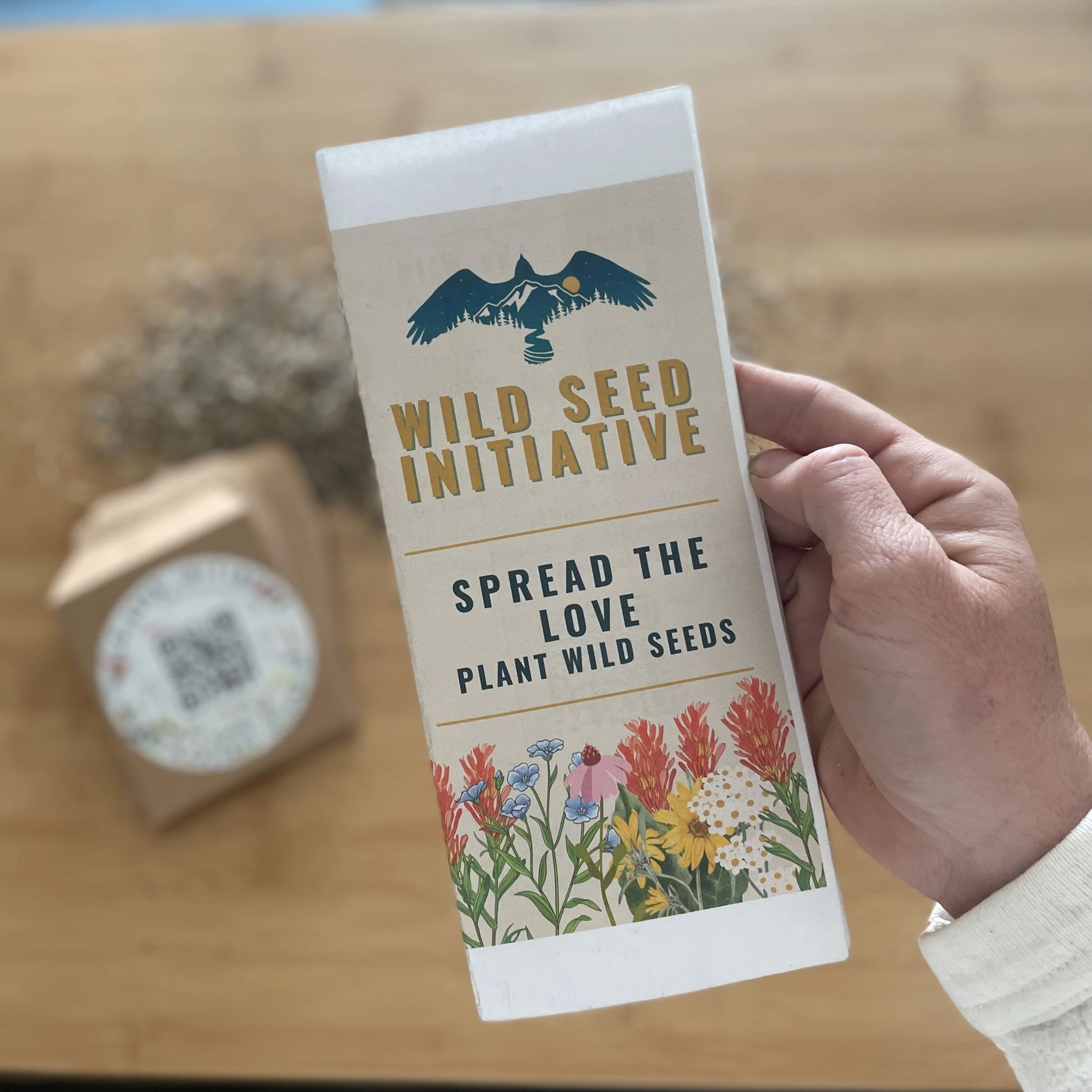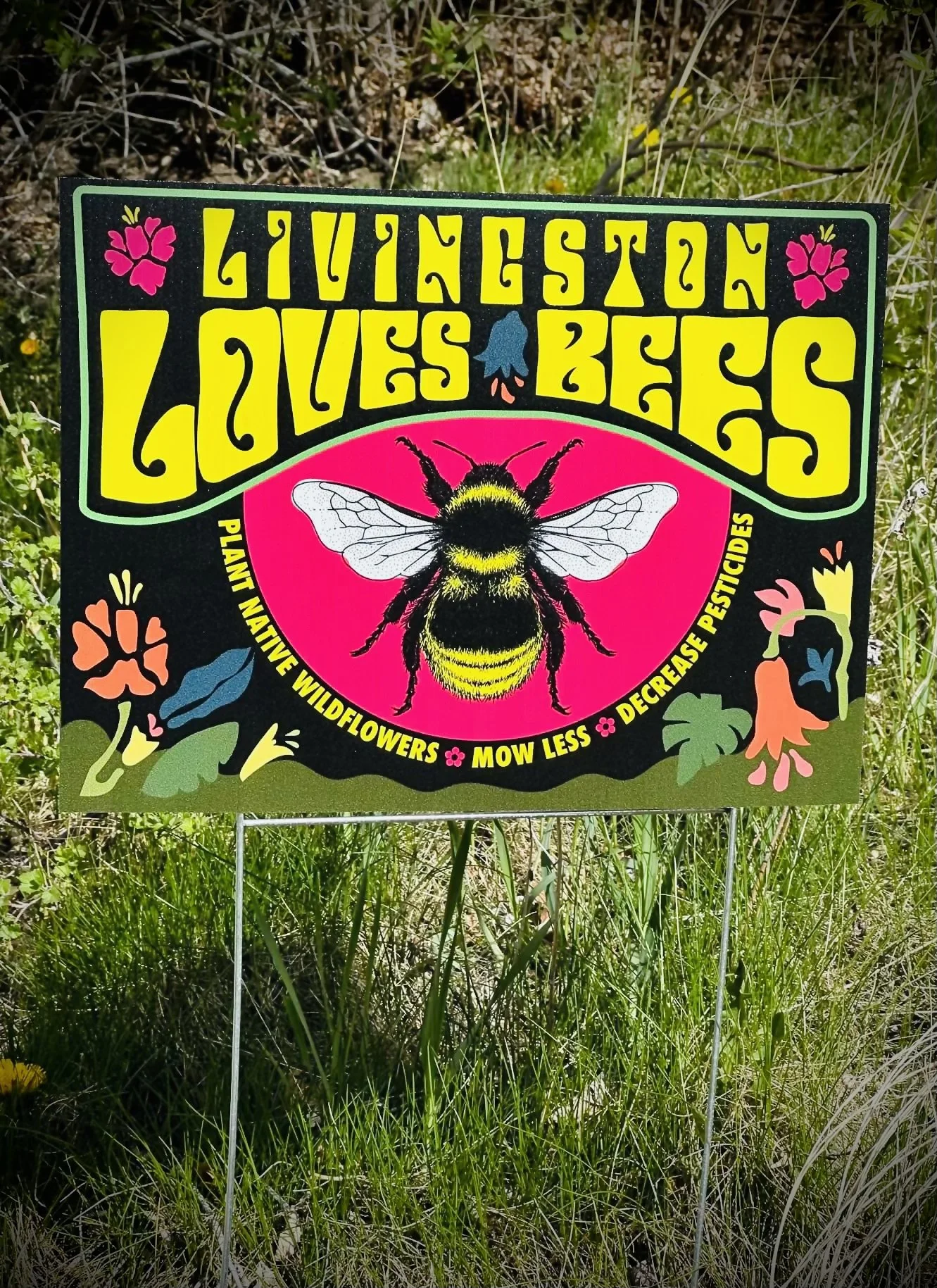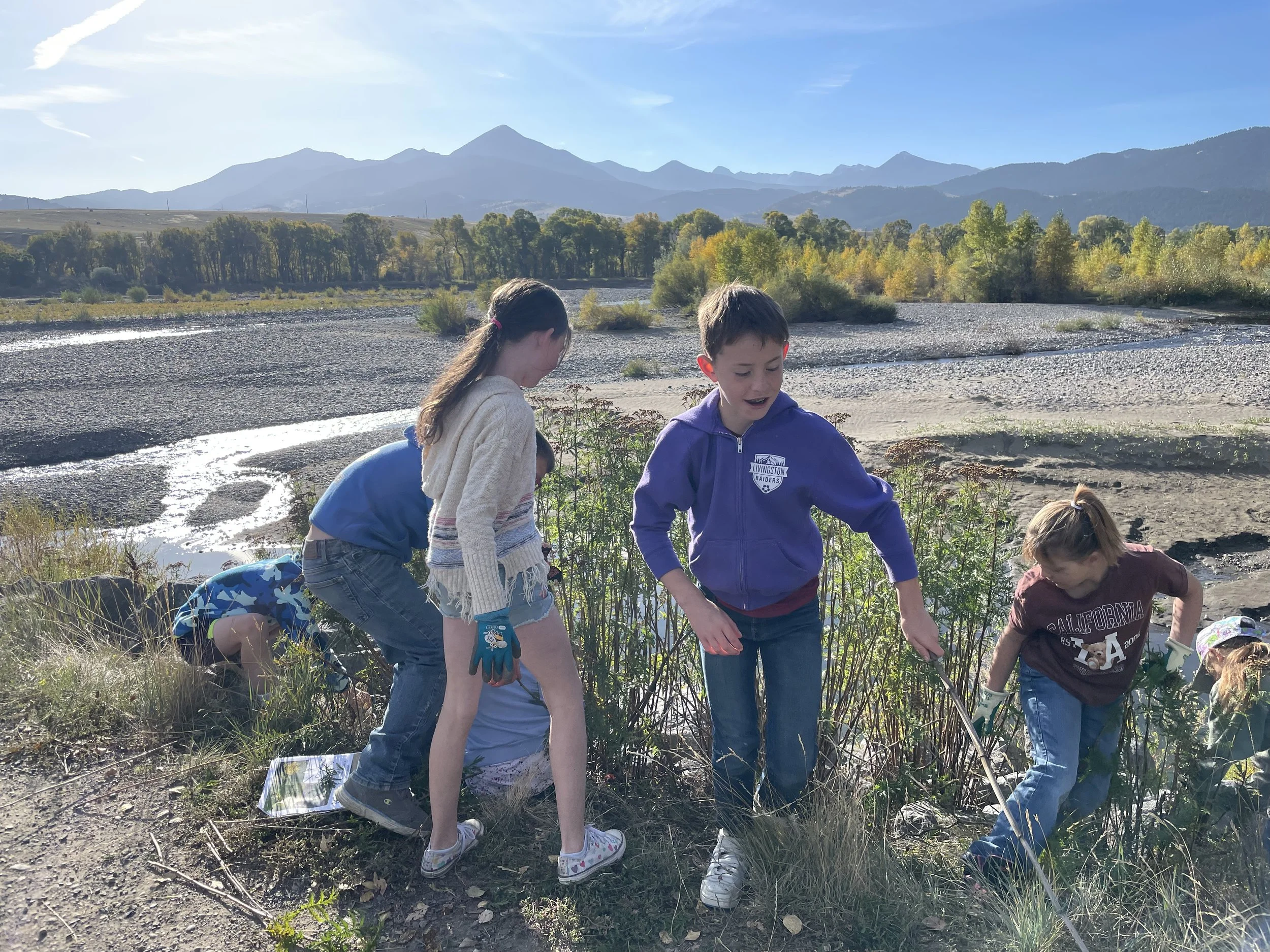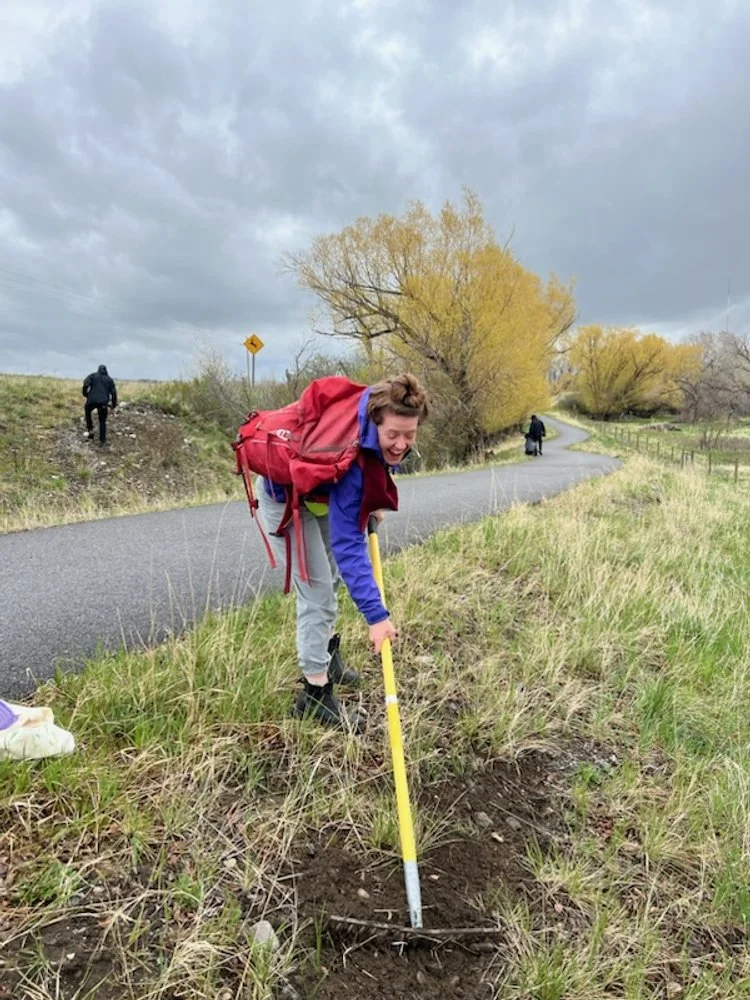The Wild Seed Initiative is more than a native wildflower campaign; it's a hands-on opportunity for all residents of Park County to give back and strengthen our connection to the land. Native plants have always been vital to this landscape and its people, providing food, medicine, shelter, and a deep spiritual connection. Building a strong community around the protection of these resources is essential, and local groups are crucial partners in this effort.
Our Action: The Wild Seed Initiative
Aligned with the Montana Native Plant Conservation Strategy, our Wild Seed Initiative directly tackles key challenges facing native plant and pollinator conservation:
Enhance Habitats: We partner with Livingston Loves Bees and other groups to expand vital native wildflower habitats. This combats habitat loss from increasing threats like development and supports local biodiversity.
Drive Community Restoration: We organize public planting days and collaborate with private landowners to restore native plant communities. This builds ecological resilience against increasing threats like invasive species and altered disturbance regimes, while leveraging community effort to address limited funding.
Build Capacity & Educate: We offer workshops on native plant identification, seed collection, and propagation, and develop online resources. These efforts empower citizens, help address insufficient data, and highlight policy gaps through grassroots action.
Integrate Traditional Knowledge: Support and share collaborative efforts to incorporate Traditional Ecological Knowledge (TEK) into educational materials and create opportunities for shared learning.
To learn more about food plants and ethnobotany in Montana, visit the Salish Plant Society and explore other plant uses with the Native American Ethnobotany Database.
Park County's At-Risk Species
Park County has 69 plant and 64 invertebrate species classified as SOC, including GCN keystone species like Whitebark Pine and the intricate Quaking Aspen communities. Beyond these prominent examples, a wealth of lesser-known species such as One-flowered Gentian, Oregon Checker-mallow and Dwarf Purple MonkeyFlower are also classified as GCN plants, underscoring their precarious status. Even with existing safeguards like the bedrock protections of the Endangered Species Act (ESA), the mandatory environmental reviews of the National Environmental Policy Act (NEPA), foundational land management laws, and specific designations like wilderness areas, the long-term future of these vulnerable species and their intricate relationships remains uncertain.
Explore the comprehensive Park County Species of Concern excel list for plants and invertebrates as of June 2025: Download Excel.
Why are native plants at risk?
invasive species — learn more about Noxious Weed Monitoring.
conversion of grasslands
changes in climate & extreme weather events
urban sprawl & land fragmentation
harmful resource management
These factors have resulted in a notable decrease of Montana's native plant species. This only emphasizes the need to safeguard and revive these wild spaces.
What should we plant?
Choosing the right plants for your wild habitat project can feel like a daunting task— focusing on creating habitat for beneficial insects and native pollinators, is a great place to start. The Xerces Society has compiled a list of the top 50 native plant species known to attract pollinators and beneficial insects. This resource can help you make informed decisions and create a thriving habitat that supports a diversity of life. Download or print resource here.
BECOME A COMMUNITY SCIENTIST— HELP US PLANT NATIVE SEEDS & MONITOR THEIR SUCCESS
The Wild Seed Initiative is actively testing seed planting efficacy around the county. We will educate on and provide native plant seeds for community science participants and service groups who are interesting in helping. Seeds will be purchased as locally as possible or collected from wild plants in the area. Participants can pick up seeds at PCEC hosted events and service groups can request seeds for community led weed removal or re-seeding projects for public trail maintenance.
READY TO GET STARTED? Follow the steps below.
Get your seeds from the Wild Seed Initiative and sign up to be a community scientist.
Click to view WSI Instruction Guide PDF. Pick up seed packets at PCEC events, farmers markets, native plant sale, or come by our office at the Lincoln School, Room 306.
Download the CitSci App. on your Apple or Android phone and search for “The Wild Seed Initiative” to begin your observations.
To learn to ID your seedlings and flowers *Locate the WSI Plant Identification Guide or use the Picture this App for Apple or Android devices.
